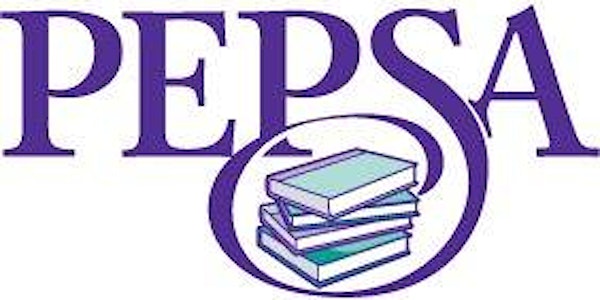
Transition to Adulthood for Individuals with ASD: The Pathways to Success Beyond the Classroom
Date and time
Location
Adam W. Herbert University Center
12000 Alumni Drive Building 43, University Center Jacksonville, FL 32224Description
Presented by: Carol Schall, Ph.D.
Hosted by: UF Health/Jacksonville CARD - UF Health FDLRS-MDC
Training Description:
Individuals with autism spectrum disorder (ASD) present unique challenges when transitioning from school to adult life. Benefits from a successful transition to adulthood include improved emotional state, greater financial gain, decreased anxiety, greater self-esteem, and greater independence. Nonetheless, transition outcomes for individuals with ASD have traditionally been poor. However, today that is changing. It can no longer be assumed that these historically poor outcomes for individuals with ASD mean that most cannot work or live independently. Over the past few years, much attention and more research has focused on serving transition-aged youth with ASD. More than ever, individuals with ASD are transitioning to live and work in their communities and there are reasons to be optimistic that this will continue.
To continue the trend, it is important to expand the knowledge base of parents, teachers, and support staff on strategies to improve transition outcomes for youth with ASD. This workshop will provide information on how to assist middle and high school-aged youth with ASD in the transition from school to adulthood. The topics covered in this workshop include: transition assessment, transition planning, curriculum development and program activities, social communication skills instructional methods, and positive behavior supports in high school and community settings.
Training Objectives:
Participants will be able to:
- Discuss the characteristics of adolescents and young adults with ASD and identify the critical components of a successful transition plan.
- Identify and develop a transition assessment plan for students with ASD based upon questions they have regarding that student's future goals.
- Write behavioral goals and practice the use of evidence-based practices for use with transition-aged youth with ASD.
- Identify the steps for completing a functional behavior assessment and positive behavior support plan for individuals with ASD.
- Identify the transition needs of students with ASD and the critical components of a curriculum as well as daily school-based and community-based activities.
Organized by
PEPSA is designed to enhance the capacity of Florida educators to provide quality educational programs to students with autism spectrum disorders.